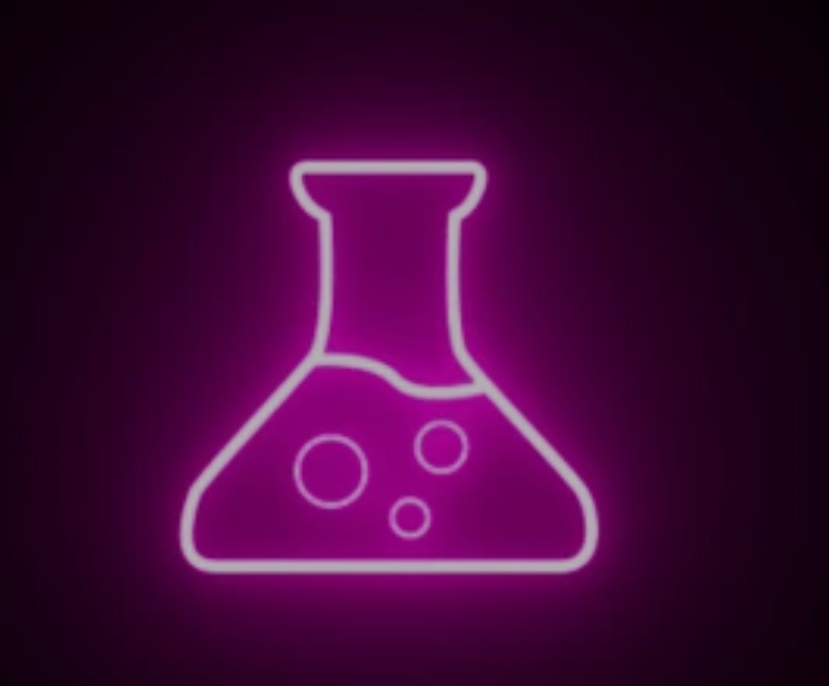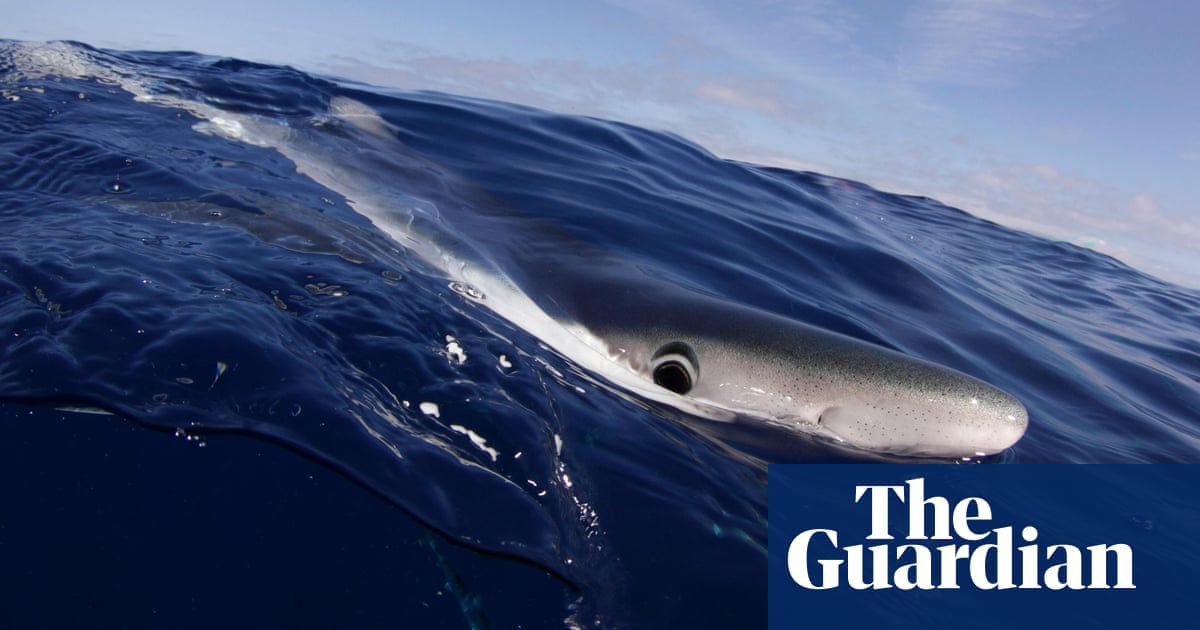Wild sharks off the coast of Brazil have tested positive for cocaine, according to new study by Brazilian scientists, in the latest research to demonstrate how illegal drug consumption by humans is harming marine life.
According to a study entitled Cocaine Shark and published in the journal Science of the Total Environment, scientists dissected the bodies of 13 sharpnose sharks (Rhizoprionodon lalandii) caught in fishermen’s nets off a beach in Rio de Janeiro.
All 13 tested positive for the drug.
Previous studies have found cocaine in river, sea and sewage water, and traces of the drug have been found in other sea creatures such as shrimps.
A separate study recently revealed that high levels of cocaine residue were causing “serious toxicological effects” in animals such as brown mussels, oysters and eels in Santos Bay, in the Brazilian state of São Paulo.
But the concentration found in the Rio sharks was 100 times higher than had been found in other marine animals, the researchers said.
How the cocaine ended up in the sharks remains a mystery.
I look forward to the upcoming documentary.


